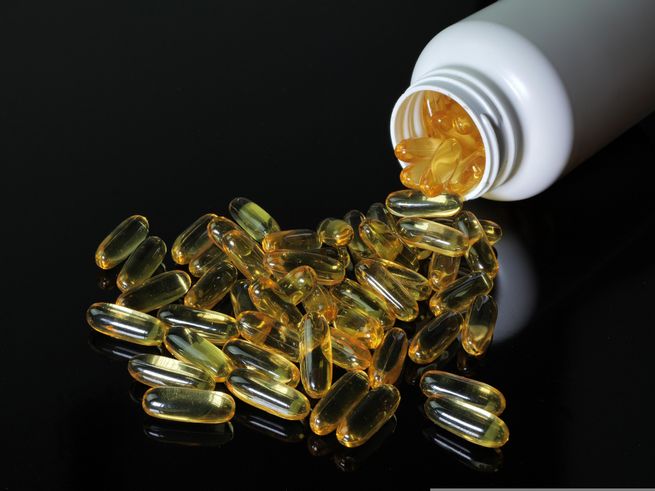steroid
The Psychological Effects of Steroids on Self-Confidence and Belief
Anabolic steroids, substances that mimic the effects of testosterone in the body, are often associated with athletic enhancement and physical appearance. However, their influence extends beyond mere muscle gain; they can significantly impact psychological health and self-perception. Understanding these effects is crucial for anyone considering steroid use or those involved with individuals who may be using them.
Understanding Anabolic Steroids
Anabolic steroids are synthetic derivatives of testosterone that promote increased muscle mass and strength. While commonly used in competitive sports, many individuals also resort to these substances to improve their body image. The motivations for using steroids often include:
- Desire for enhanced physical performance
- Improvement in muscle definition and size
- Boosting self-esteem and confidence
- Societal pressure and cultural norms regarding body image
While these reasons can initially lead to positive feelings about one’s body, the long-term consequences may be detrimental.
The Initial Boost in Confidence
Initially, users often experience a surge in self-confidence. This temporary boost is typically attributed to several factors:
- Physical Changes: Increased muscle mass and improved physique can lead to compliments from peers, reinforcing a positive self-image.
- Performance Enhancement: Improved athletic performance can instill a sense of accomplishment, contributing to heightened self-worth.
- Social Acceptance: In certain circles, such as bodybuilding or competitive sports, steroid use may be normalized, leading to a sense of belonging.
These feelings can create a cycle where users begin to associate their self-worth directly with their physical appearance and athletic capabilities.
Developing Dependency on Steroids for Self-Worth
As dependence on steroids grows, the initial psychological benefits may start to decline. Users often find themselves in a cycle where they feel compelled to continue using steroids to maintain the confidence and self-image they have developed. This dependency can manifest in various ways:
The psychological effects of steroids on self-confidence and belief can be profound and multifaceted. While some individuals may experience a temporary boost in self-esteem due to enhanced physical appearance and performance, this can often lead to a dependency on the substance for self-worth. Over time, the artificial enhancement of confidence may give way to anxiety, depression, and a distorted self-image. For more information on the impact of steroids and alternatives, visit https://testosteronepillsuk.com/.
Long-Term Psychological Consequences
The continuation of steroid use can lead to several adverse psychological outcomes, including:
- Anxiety and Paranoia: Users may experience heightened levels of anxiety, particularly when not using steroids, leading to paranoia around their physical appearance and abilities.
- Depression: A significant drop in mood can occur after stopping steroid use, as the body struggles to regain its natural hormone balance.
- Body Dysmorphia: Many users develop a distorted perception of their bodies, seeing themselves as less muscular or fit than they truly are.
- Impulsivity and Aggression: Increased irritability and aggressiveness, sometimes referred to as “roid rage,” can emerge, affecting relationships and overall mental well-being.

These issues often spiral into a larger problem, impacting interpersonal relationships, career prospects, and overall quality of life.
Alternatives to Steroid Use
For individuals seeking to enhance their physical appearance and self-confidence, there are healthier alternatives to consider:
- Natural Strength Training: Engaging in regular exercise and weight training can lead to gradual and sustainable improvements in physique and strength.
- Nutrition: A balanced diet rich in protein, vitamins, and minerals can support muscle growth and overall health.
- Therapy and Counseling: Seeking professional help can address underlying self-esteem issues and provide tools for building self-confidence without reliance on substances.
- Mindfulness and Meditation: Practices that promote mental focus and relaxation can help mitigate anxiety and improve self-perception.
Conclusion
The psychological effects of anabolic steroids on self-confidence and belief are complex and often lead to unintended negative consequences. While the allure of immediate physical enhancement and boosted self-esteem can be tempting, the long-term implications on mental health must be carefully considered. By exploring alternative methods for improving self-image and confidence, individuals can achieve their goals in a healthier, more sustainable way..
